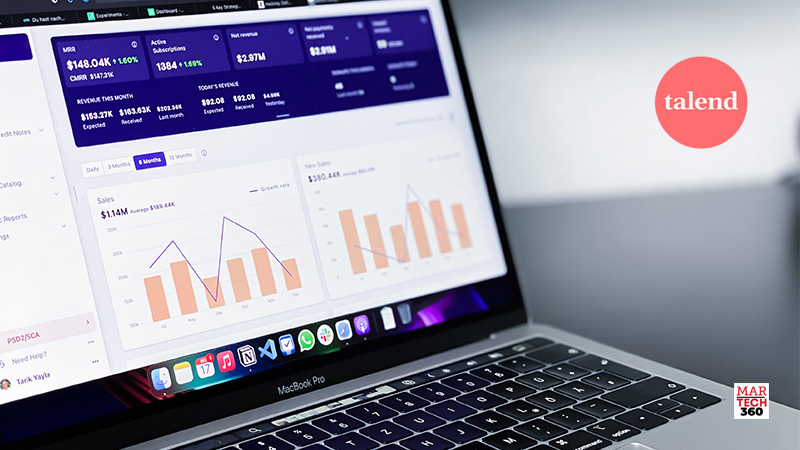The latest release enables a proactive approach to manage compliance with greater control
Talend, a global leader in data integration and data governance, announced the availability of Talend Data Catalog 8, an automated data catalog providing world-class proactive data governance capabilities that enable organizations to discover, organize, and share trusted data with a single, secure point of control. Talend adds new capabilities with this update, including tailored business modelling and machine learning-powered data classification and documentation. The latest release enables organizations of any size to persistently govern data at scale and ensure the health of the data being used to drive business outcomes.
For many organizations, there is an ongoing mistrust in data and a lack of understanding where data is, its policies, and its definitions. In a recent survey, 60% of executives do not trust the data they are working with to make decisions. Having comprehensive visibility and auditability into the data in use mitigates decision latency, productivity losses, and potential regulatory fines.
Also Read: How Is Influencer Marketing Responsible For Changing Consumer Behavior In 2022?
“Reliance on data has grown exponentially in recent years and businesses today need greater control and trust of their data to ensure it is healthy for decision making and operations,” said Daniel Mayer, Vice President, Product Management, Talend. “We’re excited to announce the availability of our newest Data Catalog release, which will help companies implement a proactive approach to governance, to accelerate productivity and help them quickly achieve value from their data.”
Part of the Talend Data Fabric platform, Talend Data Catalog 8 is built on a strong foundation of metadata management and data cataloging capabilities. The solution helps data architects and governance specialists, in particular, to accelerate their productivity and work smarter to realize a faster time to value with data. New features to help businesses achieve greater data compliance and control include:
Tailored business modeling: Define custom, flexible, and adaptable metamodels for any domain that accurately reflect business priorities and objectives. This capability prevents the bending of business rules and conforming to off-the-shelf models that are only a partial fit, helping teams increase their overall business agility.
Automated data classification: Monitor data stores automatically and use machine learning to classify data around important patterns, like compliance violations, and then proactively send alerts to data stewards. This ability to enable automatic compliance at scale from a single location improves productivity and simplifies API execution, which increases accountability, limits risk, and avoids unscalable alternatives like processes built in-house or point solutions. Now, data professionals can spend less time manually managing the process of classification and more time helping the business use data to drive business outcomes.
Customized Objects & User Rules: Define and customize objects, including relationships between business objects/models and technical objects. Rules can be assigned to owners for activities, responsibilities, and assets. This capability reduces risk and enables the ability to export documentation and re-import it on a new object with similar name space, saving time and manual work and increasing overall productivity.
Enhanced Lineage with Inference: Export data lineage and transformation logic using secure API interfaces. This unique capability enables businesses to meet compliance requests through inference evidence by capturing changes throughout the entire data life cycle.
Read More: A Complete Guide to Understand and Implement Content Marketing


Comments are closed.